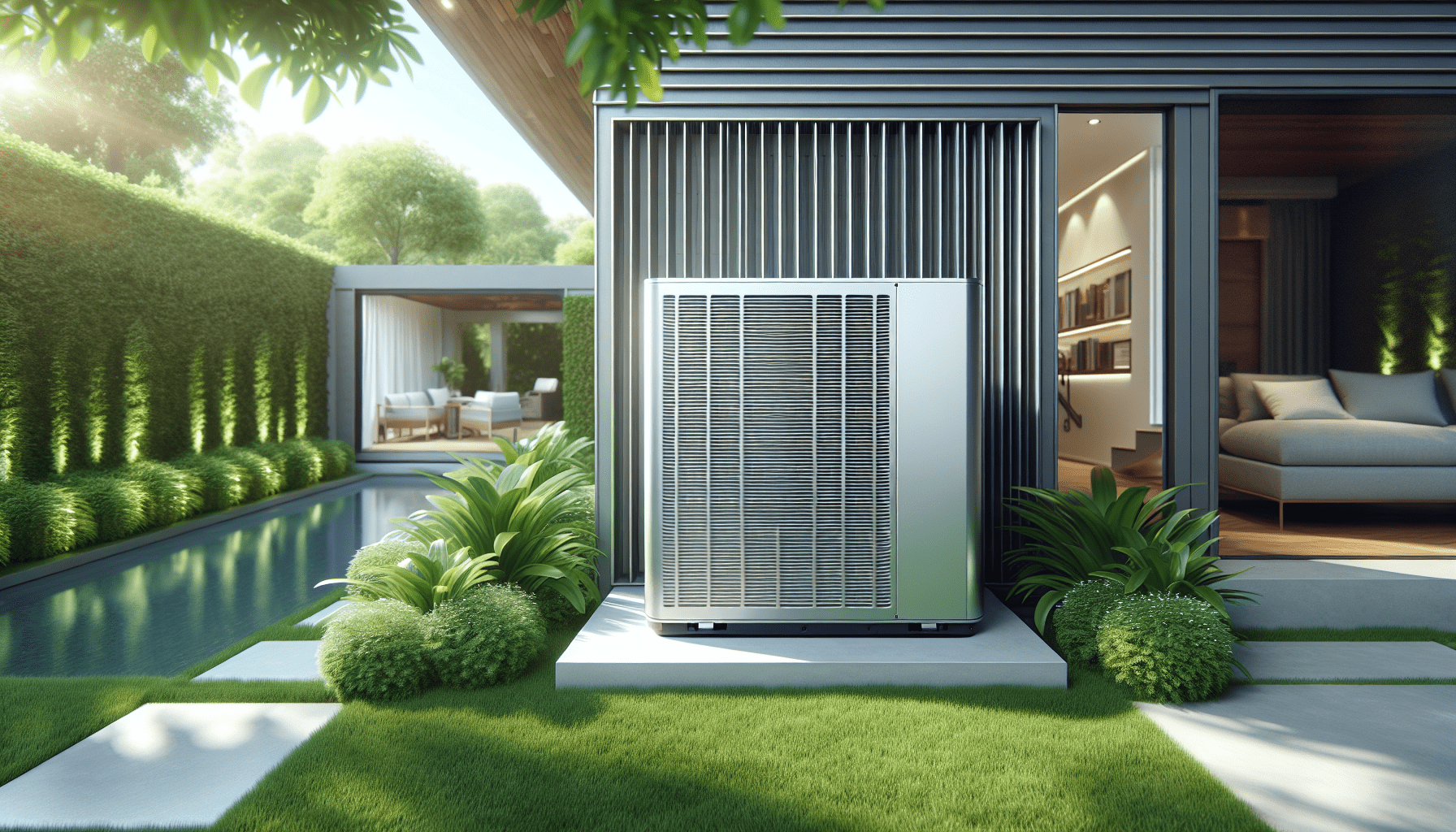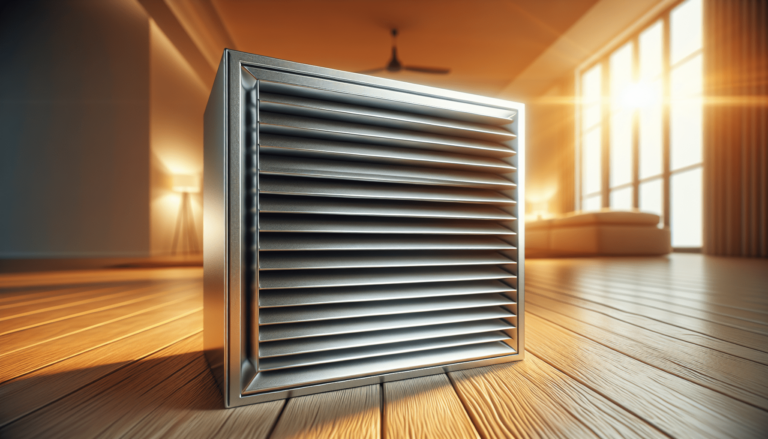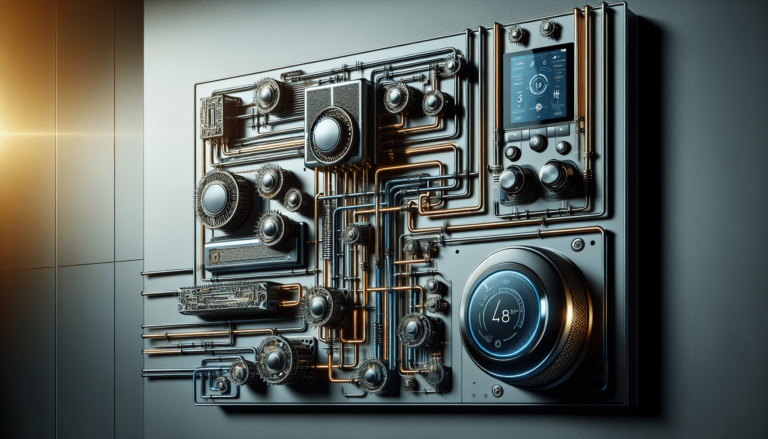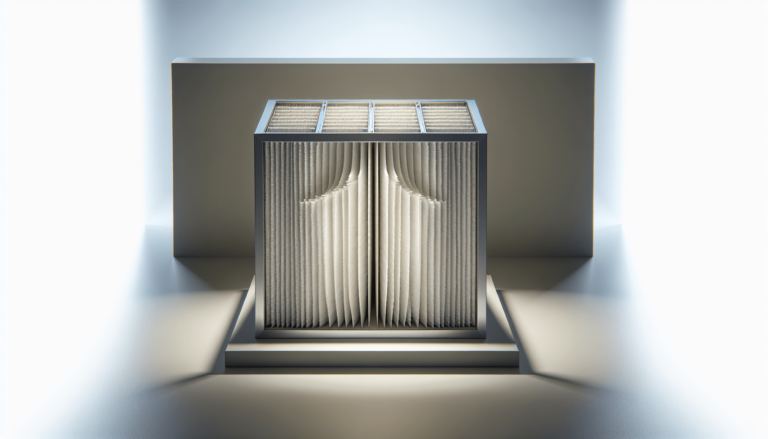

HVAC Services
Get Professional Repairs From The Area's Trusted HVAC Technicians. Ask About Our Services! We Offer Professional Heating & Cooling System Repairs And Guarantee Long-Lasting Results.
Got Question? Call us: (850) 678-2665Financing
Outdoor HVAC Units: Placement And Care
Discover the ideal placement and maintenance tips for your outdoor HVAC unit. Ensure efficiency and longevity with our expert guidelines. Learn more!

Have you ever wondered about the best way to place and care for your outdoor HVAC unit? It’s a common question for homeowners who want to ensure their systems run efficiently and have a long lifespan. Let’s face it, no one likes sweating through summer or freezing in winter because their HVAC system is on the fritz. The good news is, with a little attention and the right knowledge, you can keep your outdoor unit in top-notch condition.
Understanding The Basics of Outdoor HVAC Units
Before diving into the nitty-gritty details, it’s important to understand what an outdoor HVAC unit actually does. Essentially, it’s the part of your heating and cooling system that interacts directly with the outside environment. This system works tirelessly year-round, combating the elements to keep your indoor environment comfortable.
Components of the Outdoor Unit
First, let’s break down the major components of an outdoor HVAC unit:
- Compressor: This is the heart of the system, responsible for pumping refrigerant through the coils.
- Condenser Coils: These release the heat absorbed from inside your home.
- Fans and Motors: These help facilitate the movement of air over the coils.
- Electrical Components: These include circuitry and wiring that control the unit.
Knowing these parts can help you understand why proper placement and care are essential for maintaining the efficiency and longevity of your unit.
Ideal Placement for Outdoor HVAC Units
Location, location, location! It’s not just a mantra for real estate; it applies to your outdoor HVAC unit as well.
Distance from the House
Your outdoor unit should be placed at least 2-3 feet away from any walls. This distance ensures there’s enough room for air to circulate, which is crucial for efficient operation.
| Measurement | Distance |
|---|---|
| From walls | 2-3 feet |
| From plants or trees | At least 5 feet |
Elevation and Surface
Setting your unit on a cement slab or sturdy platform is crucial. Elevation helps in two ways: it prevents flooding during heavy rain and allows for proper drainage and airflow. Avoid placing your unit directly on the ground, which can lead to dirt and debris accumulating inside.
Sun and Shade
Direct sunlight can reduce the efficiency of your unit. Placing it on the north or east side of your home can help minimize sun exposure. Alternatively, you can plant shrubs or trees to provide shade, but avoid placing too close. Remember, proper airflow is key.

Proper Care and Maintenance
Even the best-placed units need regular maintenance to function optimally. Regular care prevents problems and extends the life of your unit.
Cleaning the Unit
Cleanliness may be next to godliness, but for an outdoor HVAC unit, it’s next to efficiency.
- Monthly Inspections: Check for debris like leaves, twigs, and dirt. Removing these can prevent airflow blockages.
- Quarterly Cleaning: Use a garden hose to gently wash the exterior. Be careful not to damage the fins.
Seasonal Checks
Much like with people, different seasons require different care routines for your HVAC unit.
- Spring and Summer: Inspect for any visible damage or corrosion before heavy use. Lubricate moving parts as needed.
- Fall and Winter: Before winter, ensure there’s no vegetation growing too close. Also, consider investing in a cover to protect against snow and ice.
Professional Maintenance
Even if you’re diligent about home maintenance, a professional check-up is a good idea at least once a year. Companies like Tempacure Heating and Air Conditioning offer comprehensive services to ensure your system is in tip-top shape.
Importance of Airflow and Circulation
Airflow is the lifeblood of your HVAC unit. Poor circulation can lead to multiple problems, including reduced efficiency and increased wear and tear.
Clearing Obstructions
Regularly check and remove any obstructions that could impede airflow. This includes plants, debris, and even furniture.
Landscaping Tips
While landscaping can provide beneficial shade, make sure it doesn’t block airflow. Keep shrubs trimmed and ensure there’s a clear path around your unit.
Ventilation
Ensure that your house’s ventilation system isn’t blowing air directly onto the unit. This can confuse the system, making it work harder than necessary.

Energy Efficiency Tips
Everyone could use a little extra green in their wallet and keeping your HVAC system running efficiently is a step in that direction.
Thermostat Settings
A smart thermostat can be an excellent investment. By programming it to adjust temperatures when you’re not home, you can reduce stress on your HVAC system.
Insulation
Good insulation can also lessen the burden on your HVAC unit. Ensuring your home is well-insulated keeps the temperature stable, reducing the need for constant adjustments.
Regular Filter Changes
Filters might not be part of the outdoor unit, but they play a key role in overall efficiency. A clogged filter can cause your system to work harder than it needs to.
| Task | Frequency |
|---|---|
| Change filters | Every 1-3 months |
Dealing with Common Problems
Every HVAC system faces issues at some point. Here are some common problems and how to handle them.
Noisy Unit
If your unit sounds like it’s auditioning for a heavy metal band, it might be a sign of a problem.
- Loose Parts: Checked for loose screws, bolts, and panels.
- Fan Issues: Ensure nothing is obstructing the fan’s movement.
Reduced Cooling
Feeling the heat despite having the AC on full blast?
- Dirty Coils: Coils covered in dirt can reduce efficiency. Clean them as part of your routine.
- Low Refrigerant: A professional can check and refill your refrigerant levels.
Frequent Cycling
If your unit is turning on and off more frequently than usual, it may be due to:
- Thermostat Issues: Make sure your thermostat is working correctly.
- Capacitor Problems: Faulty capacitors can cause cycling issues and need professional attention.
Environmental Considerations
As stewards of the environment, we need to think about how our choices impact the world around us.
Eco-Friendly Units
Opting for an energy-efficient unit not only saves money but also reduces your carbon footprint. Look for units with high SEER (Seasonal Energy Efficiency Ratio) ratings.
Proper Disposal
When it’s time to replace your unit, ensure it’s disposed of properly. Many parts, including refrigerants, can be harmful to the environment.
Conclusion: A Well-Placed Investment
Taking care of your outdoor HVAC unit is not just about comfort—it’s about making a wise investment. Proper placement and regular maintenance can extend the life of your unit, improve its efficiency, and save you money in the long run. Remember, experts like those at Tempacure Heating and Air Conditioning can offer invaluable assistance to keep your system running smoothly.
325 Cedar Ave S, Suite B, Niceville, FL 32578, (850) 678-2665, https://tempacurehvac.com/
With a little effort and attention to detail, you can ensure that your outdoor HVAC unit remains a dependable part of your home for years to come. Here’s to many seasons of perfect indoor climates!







